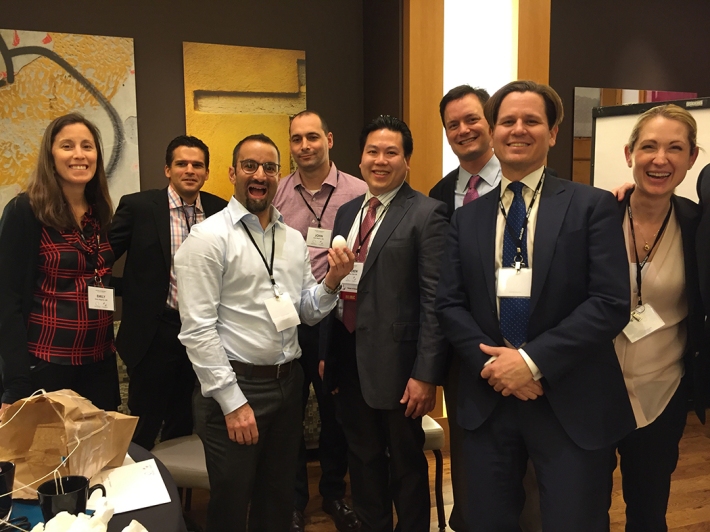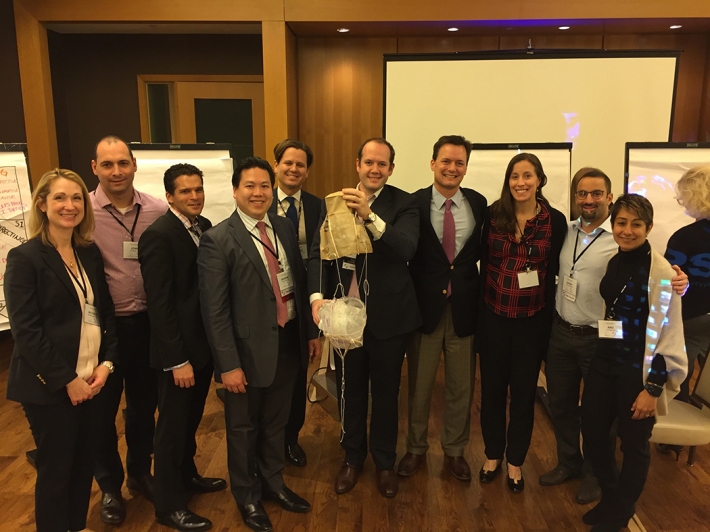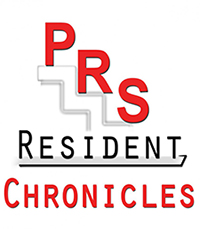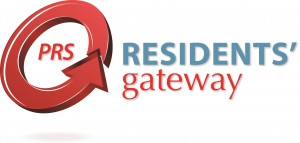by Anu Bajaj, MD (@bajajplastic)
Late last summer, Lynn Jeffers (@drlynnjeffers– plastic surgeon and leader extraordinaire) asked me to help with the Essentials of Leadership course sponsored by ASPS (Find them at plasticsurgery.org/ and @ASPS_News). After some arm-twisting, I adjusted my schedule so I could be in Chicago for the first session in November. This past week, we completed our second session. Honestly, I hadn’t been looking forward to either weekend. The first EOL weekend came at the end of a very long and hard few months at the office, shortly after the ASPS Annual Meeting in Boston, and the advocacy fly-in to Washington DC. This bustle of activity meant that I really just wanted to spend a weekend at home with my family, and not necessarily working. And the timing of the second weeken@d meant that I would be spending a week in Rosemont – a place with very few options for running – because the ASPS Winter Board Meeting would follow EOL.
Fortunately, both sessions left me feeling reinvigorated and recharged. EOL represents the third iteration of leadership training for ASPS. The first iteration of leadership training began many years ago, spearheaded by Dr. Rod Rohrich (@DrRodRohrich) and Dr. Jim Wells – it was known as Leadership Tomorrow. The second iteration, Pathways to Leadership, was the program I had completed during the early years of my practice. At that time, while the experience was valuable, I don’t remember it having the same impact as it did this time. Rather, I completed the program because it was something that I was supposed to do to.
When I participated in Pathways to Leadership eight years ago, I had just left my academic position and joined my father in practice. I was also beginning my career at ASPS having just become a member of the Young Plastic Surgeons Steering Committee. So, when I completed the leadership program as a participant, I was learning how to lead. Everything was new and overwhelming, and I felt an intense pressure to succeed and be noticed. This time around, as a leader and faculty member, all of that pressure no longer existed. My job was to enjoy and absorb the experience, in addition to guiding my small group. Other aspects of my life have changed as well. Now, I’m in private practice with my father, just completed the construction of a new office and OR space, and am a committee chair for ASPS. At this juncture, I took home very different messages than I had previously. I am going to share some of the most valuable messages for me as I reflect on my experience.
1) Camaraderie, sharing experiences, and developing relationships are priceless. The EOL group consisted of plastic surgeons from different parts of the country and diverse practice environments. Many of these individuals are people that I may never have met or would not have sought out for friendship. Nevertheless, every one of us discovered a common ground. To develop this common ground required the development of trust and a sharing of our personal experiences, which started on the first night of the first EOL session. At that session, we each drew our lifelines and shared some very personal events in our lives with our small groups. Sharing our vulnerabilities allowed the entire group to bond very quickly.

2) A good leader has to be aware of his/her shortcomings and is able to adjust his/her leadership style to fit the individual and situation. As I worked with my group on our exercises about leadership styles, conflict resolution, crucial conversations, and DISC profiles, I learned more about myself. The irony was that at this point, I had several crucial conversations on my mind, including speaking with an employee who wasn’t working out for my office and me. As our group proceeded with role-playing, all agreed that these techniques were applicable to issues beyond ASPS and every one left with insight on how to manage potentially difficult issues – whether at home, the office, or the hospital.
3) The WAIT principal – think before you speak. The more you lead, the more important it is to listen. Many times, we forget that one of the most important things that we can do is listen. Sometimes, we just want to be recognized so we may speak without thinking – I know I do it. Other times, I will say something, and then think, “I can’t believe that I just said that.” Our patients, employees, everyone we work with, believe that what they have to say is important, that their feelings are important, and a good leader is able to acknowledge this input. If we get so wrapped up in our agenda, we may miss out on great ideas, input from others, and insights into our patients lives.

As a group facilitator, I was able to observe how once this trust is developed, the group is able to accomplish difficult tasks. At EOL session 1, each small group was given the task of building a 5 foot tower from paper and straws; at EOL session 2, the small group had to design a contraption that could support a raw egg dropped form the second story (can eggs fly); and at EOL session 3 in June, the small groups will present the results of their final project assigned by ASPS President, David Song, to the Executive Committee. Each group received a different task, and will have worked on it during the past year. The important lesson is that the successful outcome is dependent on effective leadership and teamwork.
These skills are important in our everyday lives – not just in our roles in ASPS. A surgeon is a leader – whether it’s the leader in the OR, the leader in the office, or a leader on a larger level in the community or national society. My EOL experience cam full circle at the Winter Board Meeting this weekend. I met one of the members of my small group from Pathways to Leadership who I don’t think I had seen since our “graduation” from Pathways. He is now incoming Chair of the Florida Board of Medicine. We were able to discuss how our Pathways experience shaped our leadership experiences and how other members of our group have achieved successes in their worlds as well. As true life-long learners, we will learn and take home different messages at different stages of our careers – this is why this most recent leadership experience was so meaningful for me.





